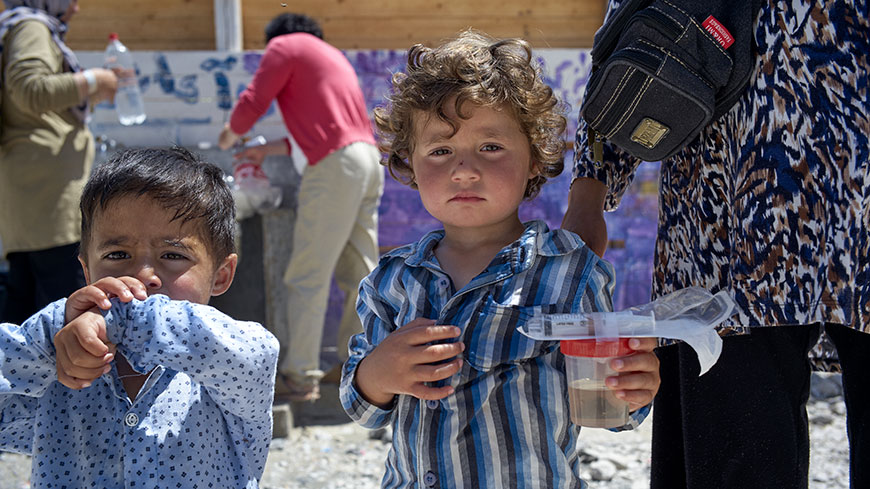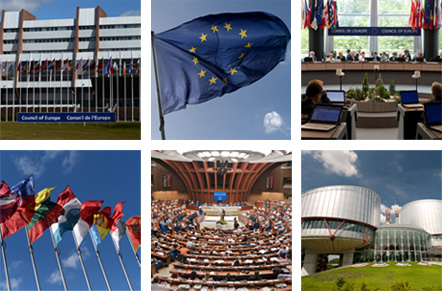Mental health of children affected by migration, their well-being and their rights was the key subject of the address by Regina Jensdottir, the Head of the Children’s Rights Division and Programme Co-ordinator at the Council of Europe, to the European Network of Ombudspersons for Children (ENOC) Annual Conference in Paris.
In her speech Jensdottir stressed that children affected by migration are one of the most vulnerable groups: “These children suffer violations of their rights within our borders which can have severe consequences on their mental health and development.” She specified that the violations arise from the use of detention practices rather than welfare protection, lack of or ineffective guardianship and family reunification procedures, as well as demeaning age assessment procedures, and spoke about their negative impact on the mental health of children.
The Council of Europe Strategy for the Rights of the Child, the Action Plan on Protecting Refugee and Migrant Children in Europe (2017-2019) and other instruments at the disposal of the Council of Europe focus on standards for guardianship, for age assessment but also on developing policy tools for life projects for unaccompanied migrant minors, as well as for providing child-friendly information, ensuring effective protection and enhancing the integration of the children who would remain in Europe, through the provision of education, training, and opportunities to participate in society.
Council of Europe strives to support its member States so that to ensure that the rights of the child are upheld without any discrimination on the basis of their or their parents’ migratory or any other status, Jensdottir stressed.



